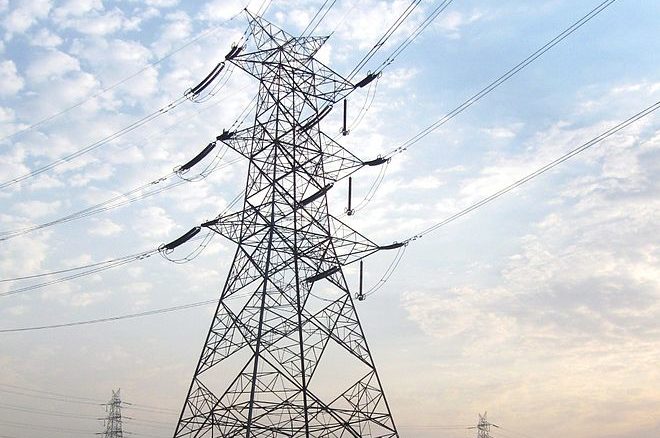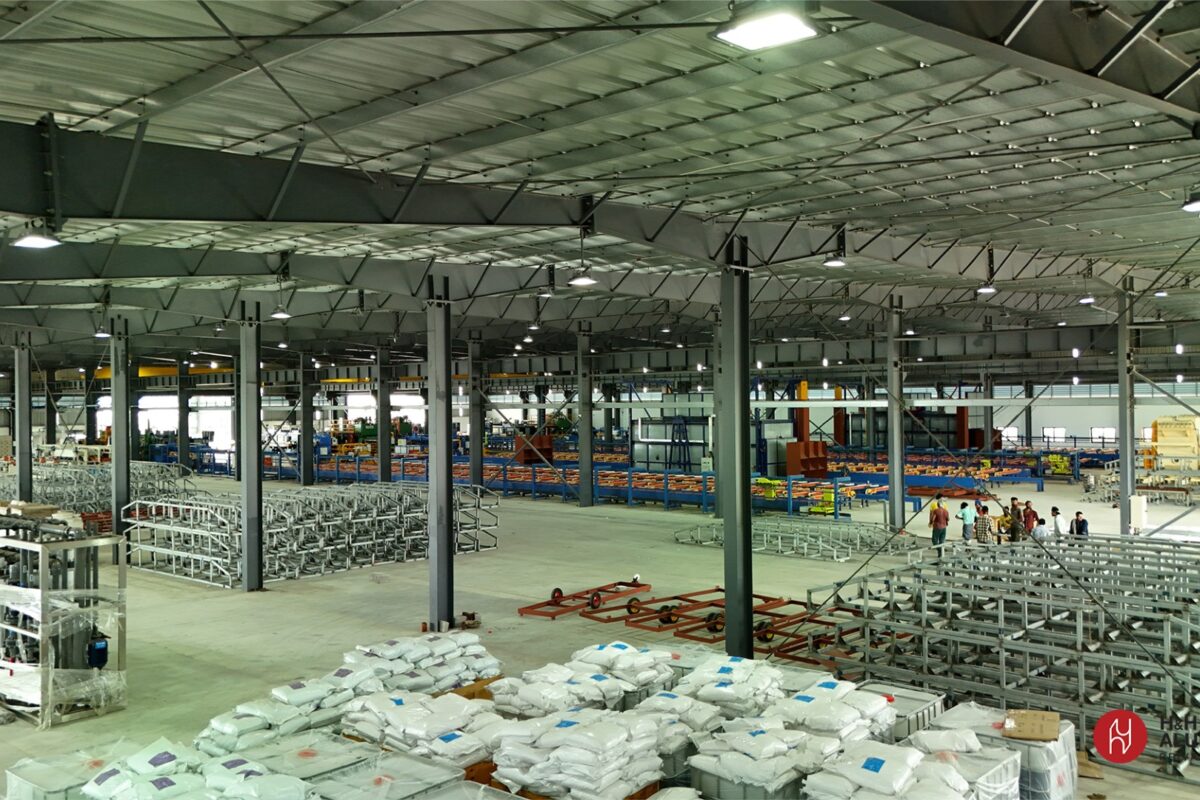Tata Power, one of India’s largest integrated power companies, has expanded its partnership with US-based AutoGrid to deploy a demand response program across its residential, commercial and industrial customers in Mumbai.
AutoGrid develops flexibility management software applications that allow utilities, electricity retailers, renewable energy project developers, and energy service providers to deliver clean, affordable, and reliable energy by managing networked distributed energy resources in real time and at scale.
The Tata Power demand response program in Mumbai aims to engage 55,000 residential and 6,000 large C&I customers who will earn incentives by curtailing their load in response to the text or email alerts in times of critical need. Tata’s goal is 75 MW of peak capacity reduction within the first six months, and then continue to scale up to 200 MW by the summer of 2025.
“With Tata Power’s new demand response program built on the AutoGrid Flex platform, consumers can earn incentives by choosing to curtail their load in response to signals relayed via text messages and/or email during times of critical need. Because India’s predominant source of energy is thermal power, aggregating small adjustments by consumers can eliminate the need for costly and heavy-polluting plants,” stated AutoGrid.
Consumers’ small adjustments will help India eliminate the need for costly and heavy-polluting power plants.
Tata Power’s collaboration with AutoGrid started in 2021 with Tata Power Delhi Distribution’s residential customers in Delhi. Based on the success of this engagement, Tata Power significantly expanded the initiative within the Delhi distribution region in 2022. AutoGrid is now extending this program across Tata Power’s distribution territories to include all segments.
Over the last two decades, India has seen rapid growth in DERs, including solar, smart meters, electric vehicles (EVs), and EV charging infrastructure. The country has a huge opportunity to harness demand-side flexibility, strengthen the grid, and advance sustainability, but the lack of a singular, scalable program has hindered progress in the past. Additionally, the lack of adequate regulatory approval prevents these resources from being utilized at the incredible scale the Indian market has to offer. AutoGrid’s platform has been proven to scale DER management programs from thousands to millions and is, therefore, uniquely positioned to take advantage of India’s opportunity.
This content is protected by copyright and may not be reused. If you want to cooperate with us and would like to reuse some of our content, please contact: editors@pv-magazine.com.









By submitting this form you agree to pv magazine using your data for the purposes of publishing your comment.
Your personal data will only be disclosed or otherwise transmitted to third parties for the purposes of spam filtering or if this is necessary for technical maintenance of the website. Any other transfer to third parties will not take place unless this is justified on the basis of applicable data protection regulations or if pv magazine is legally obliged to do so.
You may revoke this consent at any time with effect for the future, in which case your personal data will be deleted immediately. Otherwise, your data will be deleted if pv magazine has processed your request or the purpose of data storage is fulfilled.
Further information on data privacy can be found in our Data Protection Policy.